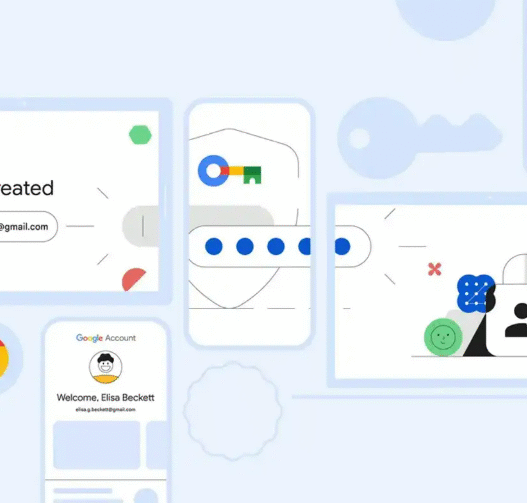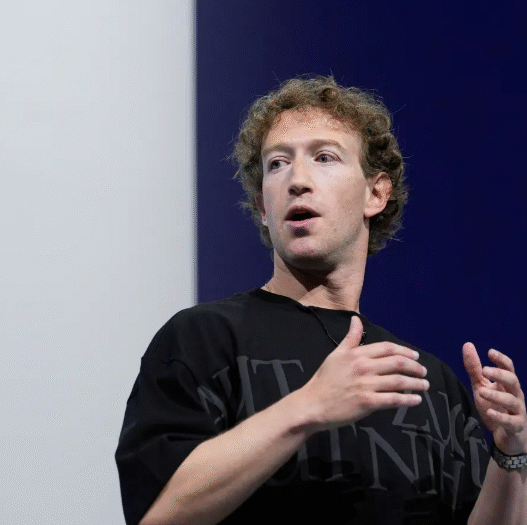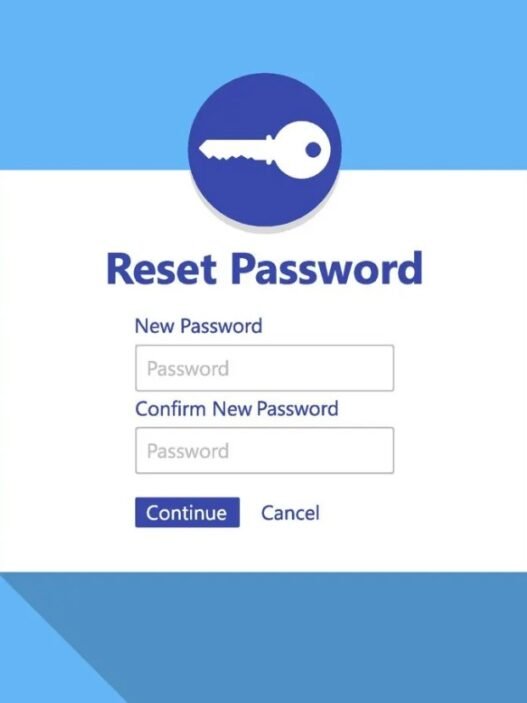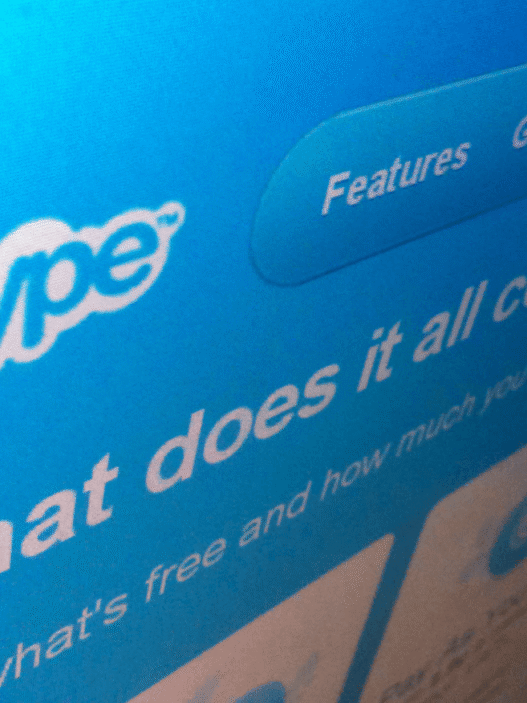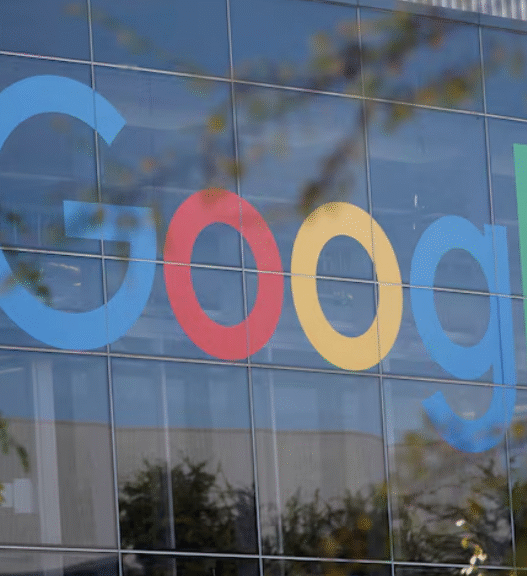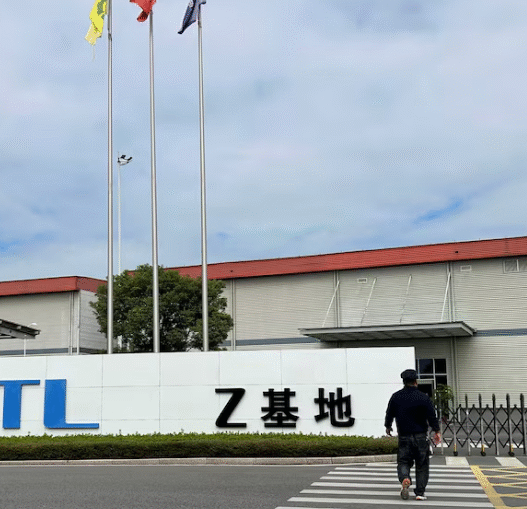The trade war between the United States and China has sparked an unexpected development on social media platforms. Chinese e-commerce app DHgate has surged to become one of America’s most downloaded applications, securing the No. 3 position among free iPhone apps in the U.S. App Store by Monday morning—a dramatic rise from its previous ranking.
In response to President Trump’s substantial 145% tariff increase on Chinese imports, manufacturers and suppliers based in China launched a series of viral TikTok videos. These videos reveal insider information about the global luxury goods industry, asserting that numerous high-end products widely believed by Americans to be European-made—such as designer clothing, handbags, and accessories—actually originate in Chinese factories before being shipped to Europe where they receive brand labels and packaging.
The meteoric rise of DHgate in app rankings demonstrates social media’s powerful influence on consumer behavior. Data from app intelligence provider Appfigures shows DHgate’s remarkable trajectory: from No. 352 among non-game free iPhone apps on Friday, April 11, to No. 6 by Sunday, and finally reaching No. 3 by Monday. The app also claimed the third position on the Top Overall chart for free iPhone apps, including games.
Download metrics highlight this extraordinary surge in popularity. On Saturday, April 12, DHgate recorded 35,400 downloads across App Store and Google Play—56% above its 30-day average. U.S. users accounted for 17,300 installations, representing a 98% increase over normal levels. By Sunday, April 13, iOS downloads alone reached 117,500, an incredible 732% increase compared to the previous month’s daily average.
DHgate functions as a cross-border e-commerce platform that connects both businesses and individual consumers directly with suppliers and manufacturers in China and other markets. The marketplace features over 30 million products across various categories including electronics, home goods, apparel, jewelry, and health products.
The app’s sudden popularity stems from TikTok creators suggesting that DHgate offers access to luxury goods before brand labels are attached. In one widely shared video (subsequently removed but still circulating in reposts), a manufacturer claimed that luxury bags retailing for tens of thousands of dollars cost approximately $1,400 to produce, with consumers essentially paying premium prices for logos and packaging.
For comprehensive coverage on how social media trends are reshaping global commerce, visit our exclusive reports on 1stNews24 for expert analysis and updates.
These viral videos referenced not only ultra-luxury brands like Hermès, Gucci, Louis Vuitton, and Chanel but also mid-range labels such as Lululemon, Tommy Hilfiger, Lacoste, and Hugo Boss. The videos’ underlying message emphasized America’s dependence on Chinese manufacturing, even for products many consumers associate with European craftsmanship.
Industry experts caution that consumers may find it difficult to distinguish between original contracted factories and those producing unauthorized copies. Online communities like Reddit’s r/DHgate sometimes provide guidance on identifying authentic suppliers, though buyers should remain vigilant when making purchases.
DHgate isn’t alone in experiencing this surge of interest. Another Chinese e-commerce platform, Taobao, reached the No. 10 position among free iPhone apps on Monday, indicating a broader trend of American consumers seeking direct access to Chinese manufacturers.
It’s worth noting that using these apps doesn’t allow consumers to avoid Trump’s tariffs. Chinese imports to the United States remain subject to increased duties regardless of how they’re purchased. The social media response from Chinese manufacturers appears primarily motivated by frustration over the tariff increases rather than offering American consumers a way to circumvent them.
As one TikTok commenter aptly summarized the situation: these trends emerged after the U.S. claimed to hold all the cards in the trade war, prompting China to respond, “We make all the cards.”













